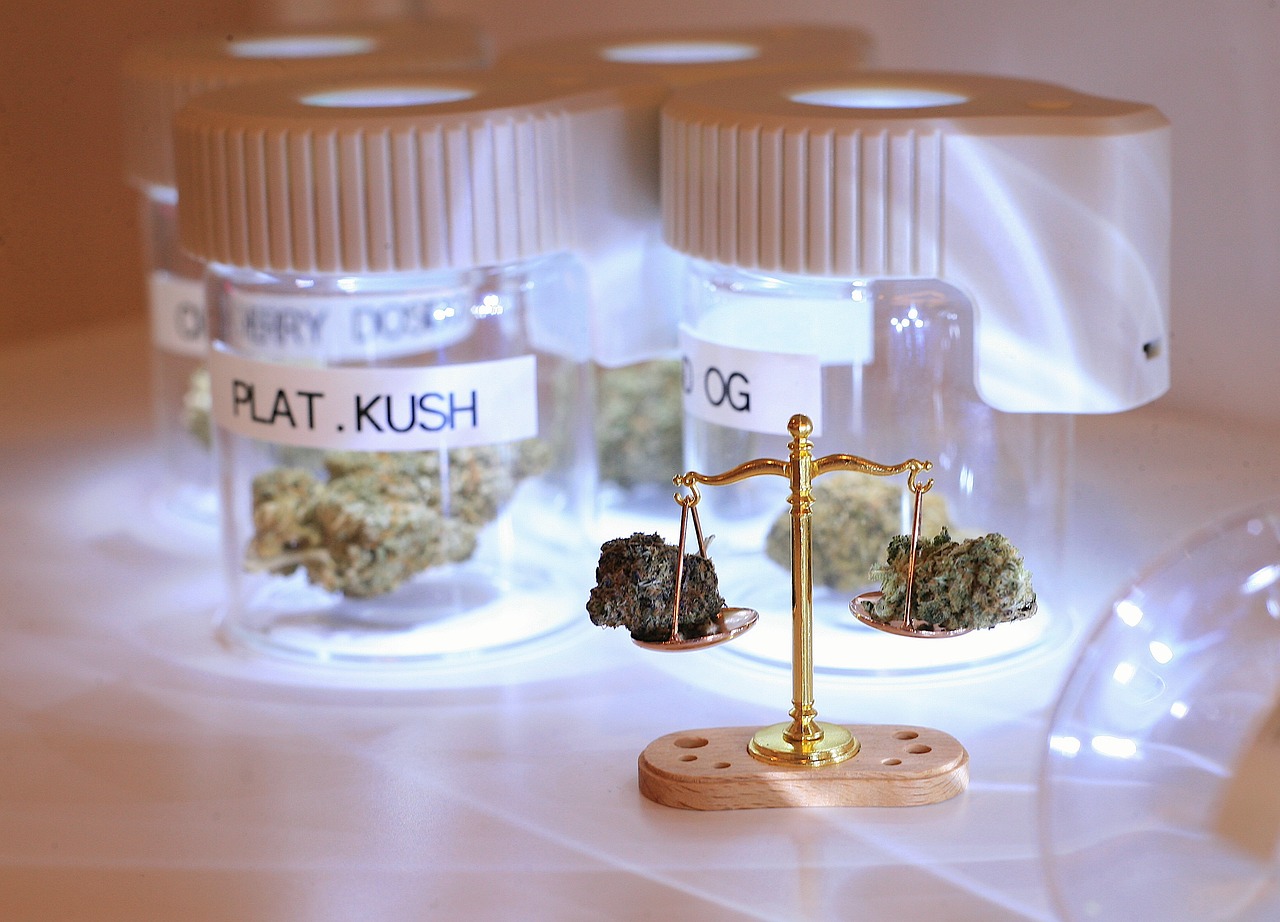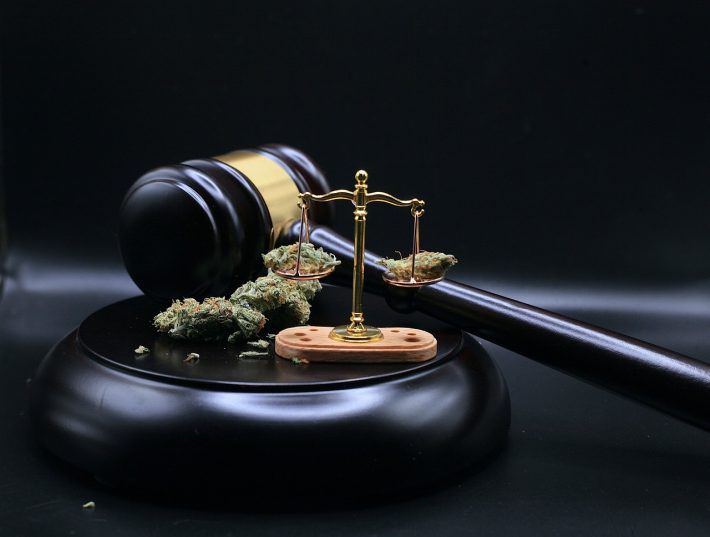The health and wellness world has witnessed a meteoric rise in the popularity of CBD products, with many individuals turning to these natural alternatives for a variety of purposes. However, navigating the legal landscape of CBD can be complicated and confusing, leaving people unsure about the rules and regulations in place.
As a responsible consumer, it is crucial to understand the current legal status of CBD and ensure that the products you choose are compliant with regulations.
Sun State Hemp, based in Miramar, Florida, is a pre-eminent manufacturer and distributor of premium quality CBD products for both wholesale and retail markets. Their commitment to transparency, safety, and compliance sets them apart in the industry, as they adhere to strict manufacturing processes and third-party lab testing to guarantee the highest standards of quality and safety.
In this comprehensive guide, we will delve into the legal landscape surrounding CBD, exploring the federal and state regulations governing its use. Gain insights into the important distinctions between hemp-derived CBD, marijuana-derived CBD, as well as the evolving state rules to ensure that you are making informed decisions about your CBD product choices.

Federal Regulations Regarding CBD
To better understand the legal landscape of CBD, it is essential to familiarize yourself with federal regulations, specifically the 2018 Farm Bill. Key aspects of the Farm Bill impacting CBD legality include:
– Hemp vs. Marijuana: The Farm Bill legally distinguishes between hemp and marijuana, both of which are Cannabis sativa plants, but grown to express different properties and for different purposes. While Hemp and Marijuana have a physical resemblance, it’s the chemical makeup that’s important – hemp generally has a lower THC concentration, and a higher CBD concentration. Broadly speaking, for hemp to be federally legal, extracts of the plant must contain no more than 0.3% Delta 9 THC. As marijuana has higher THC concentrations, it remains illegal.
– Removal from Controlled Substances Act: With the passage of the Farm Bill, hemp was removed from the Controlled Substances Act (CSA), reclassifying it as an agricultural commodity. Consequently, hemp-derived CBD is no longer considered a controlled substance.
– FDA oversight: Although hemp-derived CBD is no longer a controlled substance, the Food and Drug Administration (FDA) retains authority to regulate CBD products. As of now, the FDA does not approve CBD for use as a food ingredient or dietary supplement, with the exception of the approved drug Epidiolex for specific seizure disorders.
It is important to recognize that these federal regulations apply to hemp-derived CBD with THC concentrations of 0.3% or less. CBD products with higher THC levels are still subject to the CSA and remain federally illegal.
State-by-State CBD Regulations
Although the 2018 Farm Bill provided a framework for federal CBD legality, individual states retain the right to enforce their regulations. As a result, the legal status of CBD products can vary from state to state. Some common categories of state regulations include:
– States with CBD-friendly regulations: Many states align with federal guidelines and permit hemp-derived CBD containing less than 0.3% THC.
– States with restrictive regulations: Some states enforce tighter regulations on CBD, sometimes permitting only specific types of products, restricting sales, or requiring registration or permits. In some cases, it may be completely illegal.
– States with unclear regulations: In certain cases, state regulations or enforcement practices regarding CBD may be ambiguous, leading to confusion and uncertainty.
To ensure compliance with CBD laws, it is crucial to research your specific state’s regulations before purchasing, possessing, or using CBD products. Many states such as Michigan and New York have undergone several evolutions of regulatory coverage, with new laws or restrictions coming and going over time.
Ensuring Compliance and Quality in Your CBD Products
When selecting CBD products, it is vital to consider compliance with laws and regulations, as well as overall product quality. To identify compliant, high-quality CBD products, look for the following:
– Hemp-derived CBD: Seek products that are clearly labeled as hemp-derived, with less than 0.3% THC in accordance with federal guidelines.
– Third-party lab testing: Reputable CBD companies, like Sun State Hemp, conduct third-party lab testing to ensure product safety, purity, and compliance with legal requirements.
– Transparent labeling: Quality CBD products should have clear labels indicating CBD content, THC concentration, and information on other ingredients.
– COA availability: A Certificate of Analysis (COA) provides in-depth information on product composition, including cannabinoid content, possible contaminants, and more. Choose companies that make their COAs readily available, for free. Generally, companies will include a QR code on the label of their product linking to a COA or a website where you can find one.
By prioritizing these aspects, you can confidently select CBD products that meet legal requirements and prioritize your safety and well-being.
Tips for Navigating CBD Legality
As a CBD consumer, it is crucial to stay informed on evolving regulations and best practices surrounding CBD Rules and Regulations legality. To navigate these complexities, consider the following tips:
- Research your state’s regulations: Stay up to date on your specific state’s CBD laws, as well as any changes or updates that may occur.
- Verify product compliance: Ensure CBD products meet federal and state regulations by checking product labels, COAs, and third-party lab testing.
- Shop with reputable companies: Choose CBD products from reputable companies, like Sun State Hemp, that prioritize transparency, safety, and compliance.
- Consult with professionals: Discuss CBD use with your healthcare provider to get personalized advice and recommendations based on your individual needs.
Conclusion: Embrace CBD with Confidence
Understanding the legal landscape of CBD Rules and Regulations is essential for those looking to enjoy its potential benefits with confidence and peace of mind. By familiarizing yourself with federal regulations, state-specific laws, and best practices for selecting compliant, high-quality CBD products, you can make informed decisions about your CBD journey.
Sun State Hemp is committed to providing top-of-the-line CBD products for both wholesale and retail markets, adhering to the highest standards of safety, quality, and compliance. With Sun State Hemp by your side, you can enjoy the world of CBD with the assurance that you are making responsible, informed choices for your well-being.
Embark on your CBD experience with the support and guidance of Sun State Hemp, your trusted source for premium, compliant, affordable CBD products. Browse our extensive collection and join the growing community of individuals who have discovered the potential benefits of CBD in their lives.

